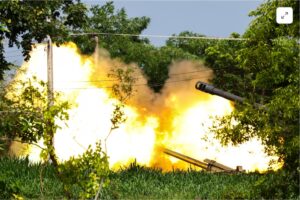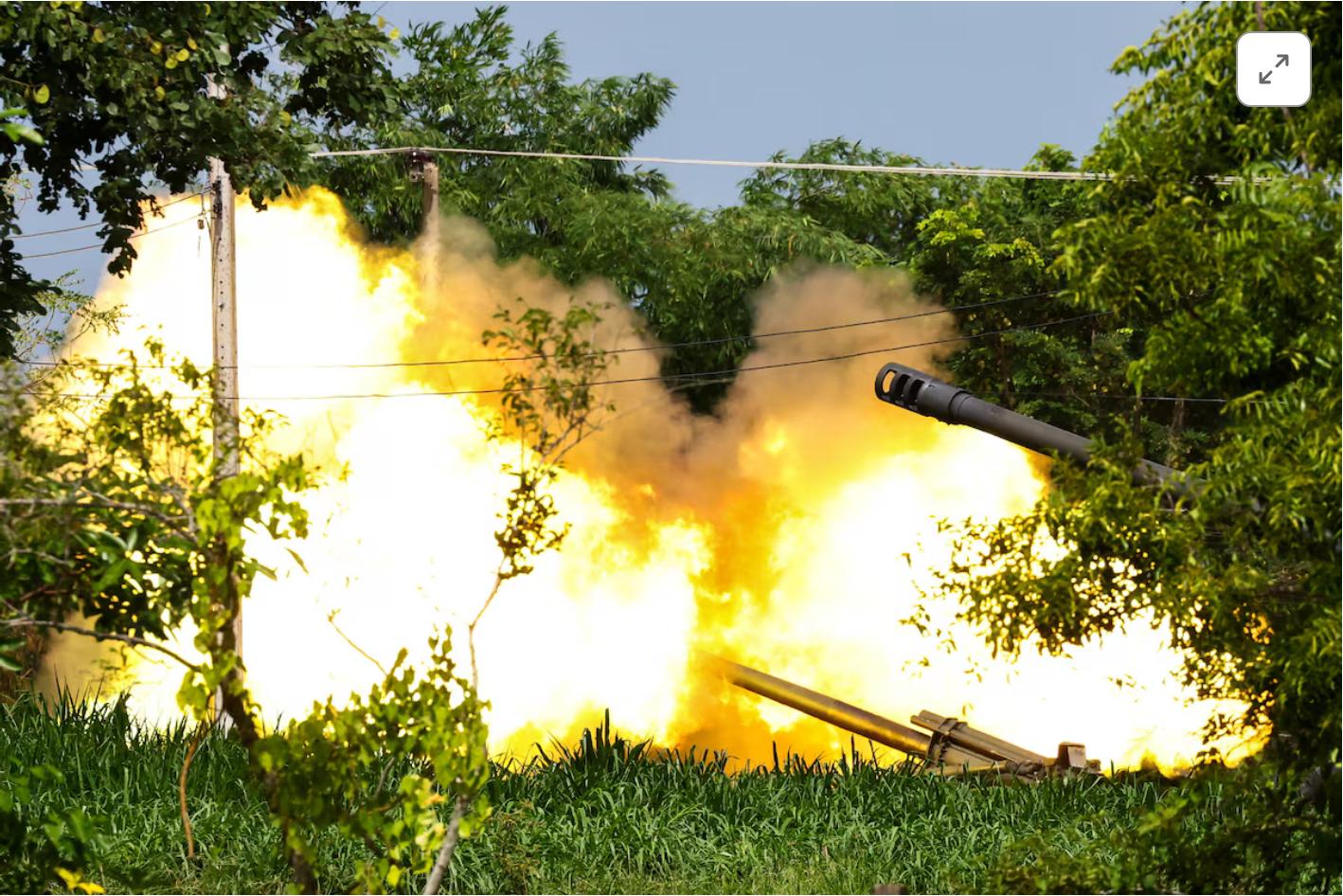Despite President Lula’s rhetoric condemning Israel’s genocide in Gaza, Brazil and Israel have long engaged in military cooperation, including arms trading, much of which has continued throughout the genocide, although some elements have been suspended.
In 2023, Brazil bought $17.1 million in arms and ammunition from Israel, while sending $4.47 million worth of equipment the other way to Tel Aviv. Brazil maintains several military cooperation agreements with Israel, the most recent one signed in March 2019, which includes cooperation in training and knowledge exchange between defence institutions from both countries. It has likewise signed a cooperation agreement on public security and the “fight against organized crime”, that focuses particularly on the areas of police intelligence and technology applied to public security. Considering Israel’s abusive Apartheid policies towards Palestinians and Arab Israeli citizens, this agreement is particularly worrisome for the Brazilian population, especially those living in Black neighborhoods and peripheral areas, where Brazil is already accused of using disproportionate violence under the guise of the “fight against narcotrafficking”. A group of Brazilian mayors has attended the MuniExpo urban conference in Tel Aviv in June 2025 — which actually served as occasion for deepening ties with Israeli security companies and importing a model of urban security based on apartheid and colonial control. This means pushing further Israeli-Brazil security ties in a context where it also deepens the militarization of Brazilian local public security forces. Importing Israel’s security model signals a broader trend of armed municipal security that will ultimately target poor, Black, and Indigenous population.
Israeli’s largest arms production company Elbit Systems has two subsidiaries in Brazil: Ares Aerospacial e Defesa and AEL Sistema. They were supposed to provide the Brazilian Army with the Atmos 2000 system, a 155mm self-propelled wheeled artillery howitzer, in a deal that started with the delivery in 2017 of two howitzers for a two-year trial period. A further 34 units were planned, that would cost Brazil up to 140 million dollars. This deal has been suspended since Israel’s genocidal war began after Hamas’s October 7th attacks.
The Atmos 2000 artillery vehicles were recently used in a violent border clash between Cambodia and Thailand that left 13 civilians dead, 63 wounded and thousands displaced. The Stop the Wall organization’s report on Brazil’s cooperation with Israel has pointed out that these vehicles have also been used for the destruction of large parts of Gaza territory. It also points out that the budget for these highly destructive heavy armaments came from the most recent “growth acceleration program” (PAC) approved by the Worker’s Party government. The amount of money coming from the PAC, which is supposed to support Brazilian development, that has been directed to military spending and the Armed Forces has been decried by the Brazilian Political Science Association and the Brazilian Defense Studies Association for its disproportionality in relation to the national budget allotted to education and health in the country.

Stop the Wall also reports on Brazil’s Air Force (FAB) signing a contract with Israel Aerospace Industries (IAI) for maintenance and logistical support of two Heron-I unmanned aerial vehicles, under a noncompetitive award of R$ 86 million (roughly $16.1m). The deal, which covers a period of 58 months, includes 2,417 flight hours’ worth of maintenance, technical visits, engine overhauls, and spare parts supply. Stop the Wall points out that the deal was questionable from the start, seeing as the drones were initially bought by the Federal Police, but were inadequate for their intended use, of vigilance in the Brazilian border region. Even defenders of Brazilian arms industry have questioned it, by pointing out that Brazilian company EMBRAER is capable of producing similar technology.
Finally, two Brazilian companies are mentioned as profiting directly from Palestinian genocide – they are the State-owned Brazilian refinery Petrobas and the Brazilian metal company Villares Metal.
According to the report of the UN Special Rapporteur on the Occupied Palestinian Territories, crude oil shipments to Israel were supplied by Petrobras oil fields. By contributing to this supply, Petrobras services the Israeli military and its energy-intensive operations. Similarly, an article by Brazilian news website The Intercept reveals that the Brazilian steel company Villares Metals exported steel bars to two Israeli arms manufacturers — IWI and IMI Systems — during the genocide in Gaza. Shipped from Sumaré (São Paulo), the exports included a small batch sent in January, worth $441, and a larger one in April, valued at about $6,228. The transactions have drawn criticism for contradicting President Lula’s statements, in which he characterized Israel’s actions as genocide, since such shipments could contribute to the Israeli arms industry. Although legal mechanisms exist to block or regulate this type of trade, the Brazilian federal government has not done so.

